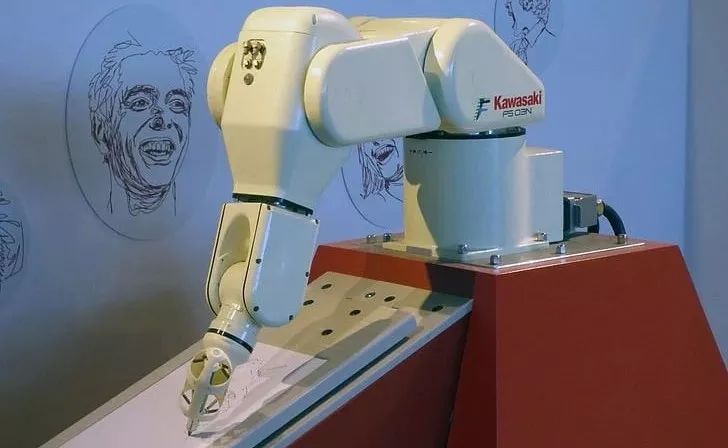
As the world hurtles toward an automated future, industrial robotics has emerged as a pivotal sector expected to drive global growth over the next five decades. At the heart of this revolution lies Japan, a nation that has secured a commanding lead in robotic technology, with its firms dominating both the market and key technical innovations.
Japan’s stranglehold on industrial robotics is epitomized by the "Four Great Families" of the industry: Fanuc, Yaskawa Electric, Sweden’s ABB, and Germany’s KUKA. Among them, Fanuc stands unchallenged as the global sales leader, profit driver, and technological pioneer. The company’s robots are renowned for their precision, durability, and adaptability across industries, from automotive manufacturing to electronics assembly. Yaskawa Electric, meanwhile, excels in servo motors and motion control systems, critical components that enable robotic agility and efficiency. In contrast, Germany’s KUKA, the weakest of the quartet, has long relied on externally sourced core technologies and now operates under Chinese ownership (Midea Group), highlighting the shifting dynamics of the industry.
The competitive edge of Japanese firms hinges on their mastery of three core technologies—often referred to as the "holy trinity" of industrial robotics: controllers, reducers, and specialized servo motors. Fanuc and Yaskawa have perfected controller design, integrating advanced AI and machine learning to optimize robotic movements and productivity. For reducers, Japan’s Nabtesco holds a near-monopolistic grip on the market, producing harmonic drives and precision gear units that ensure smooth, low-backlash motion in robotic arms. In servo motors, Yaskawa’s AC servo systems set the standard for efficiency and reliability, powering everything from small assembly robots to heavy-duty industrial machines. These components are so integral that over 80% of the global industrial robotics market relies on Japanese-made reducers and servo systems.
While Japan’s dominance is undeniable, other nations are aggressively investing in robotics to close the gap. South Korea’s Samsung and Hyundai are expanding their robotics divisions, while U.S. firms like Boston Dynamics focus on cutting-edge mobility solutions. However, the reliance on Japanese core technologies remains a significant barrier for competitors. As industries worldwide automate to enhance efficiency and combat labor shortages, Japan’s role as the technological backbone of industrial robotics is set to endure, though the next decade may see intensified competition as global players strive to disrupt the status quo.




